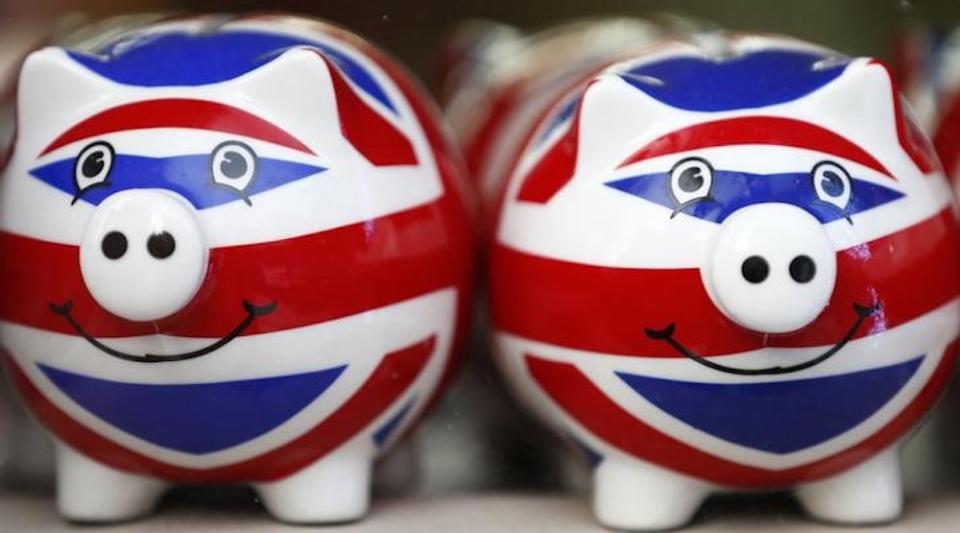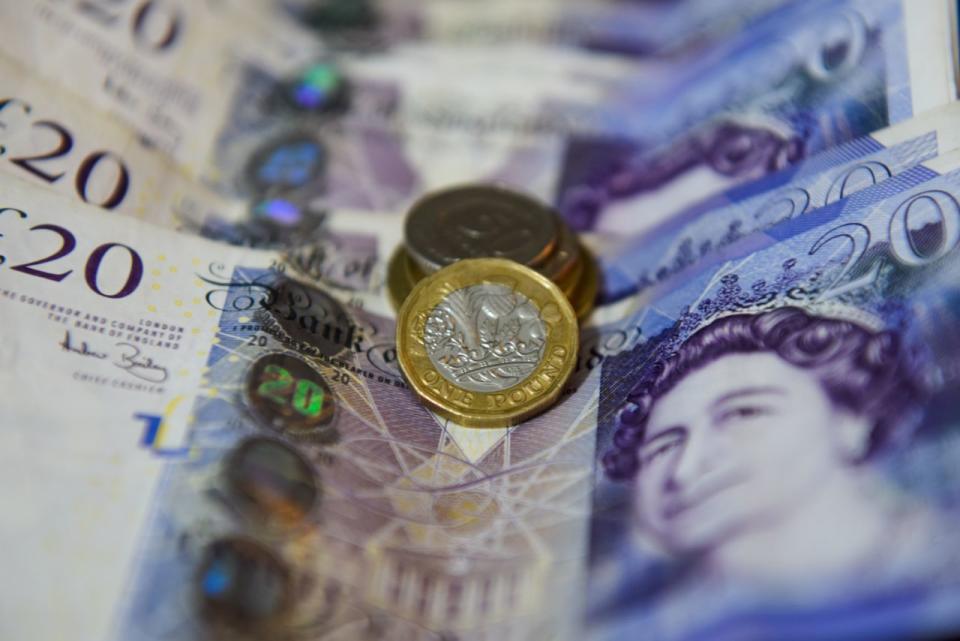7 great tips to spend less in the New Year 2019

We go overboard on everything at Christmas. The food, the drink, the presents. By the New Year, many of us are out of shape and out of pocket – which makes it the perfect time to get ourselves fighting fit again, both physically and financially.
If you’re wondering how to tighten your belt in the New Year – perhaps you’re saving for a deposit on your first home, a big holiday, or just want to clear your debt quicker – then here a few tips that could help you on the way to your savings goal.
Plan your eating
How many times have you just ordered a takeaway because you had nothing at home for dinner? Or found yourself at the supermarket after work for the fourth time in a week to pick up something to eat? And do you pop out to buy lunch at work from that delicious sushi place more or less every day?
This all adds up to a surprising amount each month. For example, if you’re spending a fiver a day on lunch, that’s potentially £100 a month.
READ MORE: Restaurants go Welsh on cheese amid Brexit shortage fears
But you can seriously cut costs if you start planning your food properly each week and doing a single big shop. This is particularly easy to do if you shop online because many supermarkets have tools to help you plan meals. You can even order a whole meal’s worth of ingredients with the click of a button.
Make your lunches at home. Plan for a dinner a day and cook meals from scratch. Cut down on waste by making ingredients stretch across two meals instead of chucking the rest out.
Set strict budgets
If you are an impulse spender, or you just don’t know where your cash goes each month, sit down and really think about how you are spending. Are you splurging on clothes you never wear? Too many nights out?
There’s no harm in spending your money on having fun if you can afford it. But it’s time to get serious about how you spend if you need to save money.
READ MORE: Overdraft charges face biggest shakeup in a generation
If you know you spend too much on certain things—and new challenger banks such as Monzo and Starling are great at breaking your account spending down in a clear way—you could set specific budgets. No more than £150 a month on new clothes. Or perhaps only £100 a week on nights out.
If you don’t really know how your money fritters away, set an overall budget limit for a week or month. The important thing is to really keep track on how you are spending so you know when you’re nearing the cap. Set strict budgets and be disciplined.
Review your bills
Too many of us are complacent about our bills when we could shop around for much better deals. Utility bills are a great example.
Uswitch is such a simple service to use. It compares your current gas and electricity bills against what you could be paying if you switched. You may save hundreds of pounds on your bills just by filling in a form online to switch provider.
And it’s not just utility bills where we could benefit by being proactive. When your phone contract is coming to an end, talk to rival firms to see what their best offers are.
READ MORE: Are you suffering from the loyalty penalty?
Then go back to your current service provider and talk to them. If they can’t better what you’ve been offered elsewhere, tell them—they may dig deep to come up with something else to tempt you to stay. No company wants to lose a customer.
TV, internet, insurance—every bill you have is an opportunity to save money by getting a better deal somewhere else.
If you buy, then sell
There’s an easy way to offset some or all of the cost of a purchase—sell something. We all have clutter or things we don’t use anymore. And you don’t have to be a wizened wheeler-dealer to use eBay, Vinted, Shpock, Gumtree, or any of the other selling services.
So for every new item you buy, sell an old one. Just be honest with yourself about what’s really worth keeping. And if you don’t use it, sell it. Your bank balance will thank you.
Cut commuter costs
Travelling to and from work can be really expensive. And it’s unavoidable. But how we travel to work is sometimes, journey permitting, a choice.
Do you really need to catch a bus to the station, or could you walk? Could you cycle instead of drive? Can you catch a bus instead of the train? Could you carpool with colleagues?
READ MORE: How to claim compensation if you were hit by Gatwick drone chaos
Are there discounts available through rail or bus travelcards? If you buy a travelcard, are you sure you’re getting your money’s worth or would it be cheaper to pay for single journeys?
All these may be ways of cutting down the cost of your commute.
Save coins

You’d be surprised just how quickly spare change adds up into a significant amount. It’s an old way of saving. But it’s effective. Put all of your loose change in a jar. Every time your wallet is rattling, empty it into the jar. Preferably a big jar.
Then when it’s full, take it to the bank. They have machines you pour coins into and which do all the calculation for you, then deposit it straight into your account.
If you’re too modern and cashless for loose change, there’s an app called Moneybox which tracks your spending and offers you the chance to round up each transaction to the nearest pound, depositing the difference into a savings or investment account.
It’s the digital equivalent of a piggy bank but it pays interest rather than just sitting on your shelf collecting dust.
Make gifts instead of buying them
Plenty of people blow lots of money on presents for friends and family at Christmas or on birthdays. Which is all well and good if you can afford it, but there’s a cheaper alternative—making gifts instead.
These might even make better gifts because they require a bit more thought and attention than buying something from the shop. Perhaps you could compile hampers of homemade goods such as jams. Or a photo album of special memories. Or make a decorative item.
Look online for arts and crafts gift ideas because there are plenty out there for all budgets.

 Yahoo Finance
Yahoo Finance 